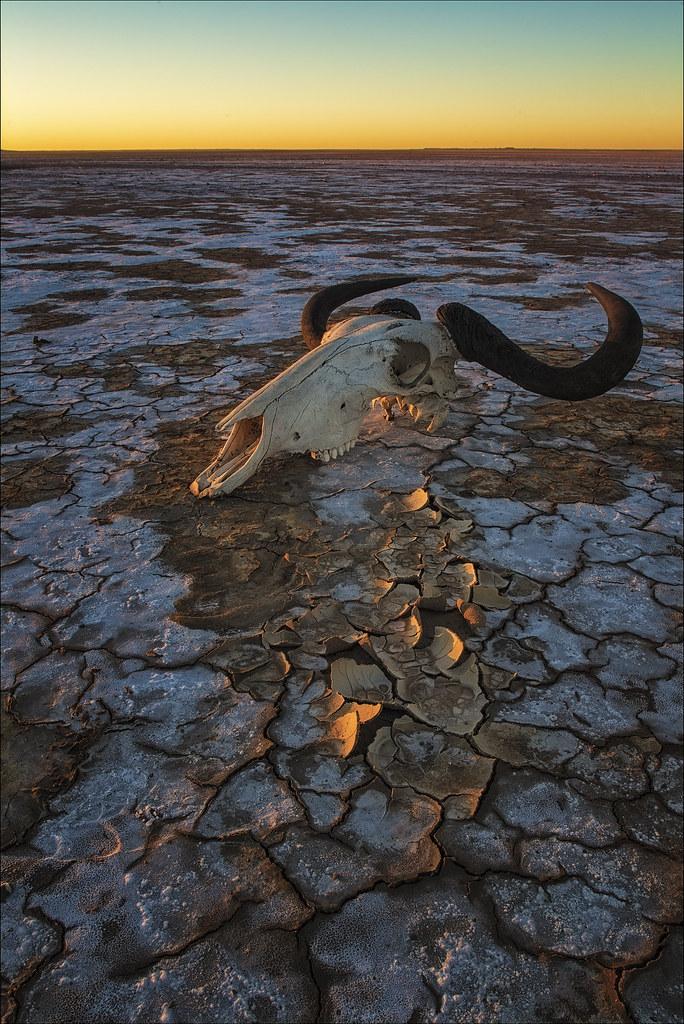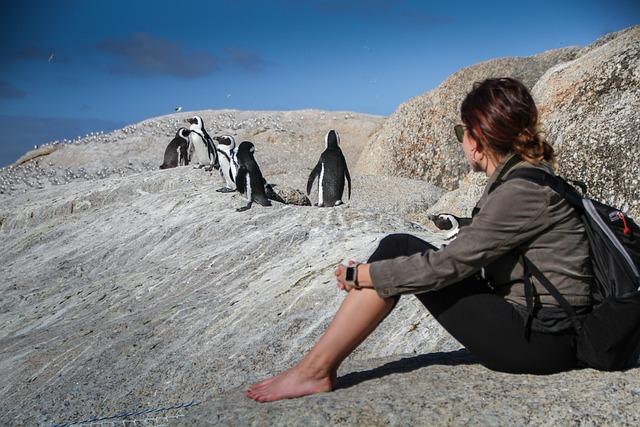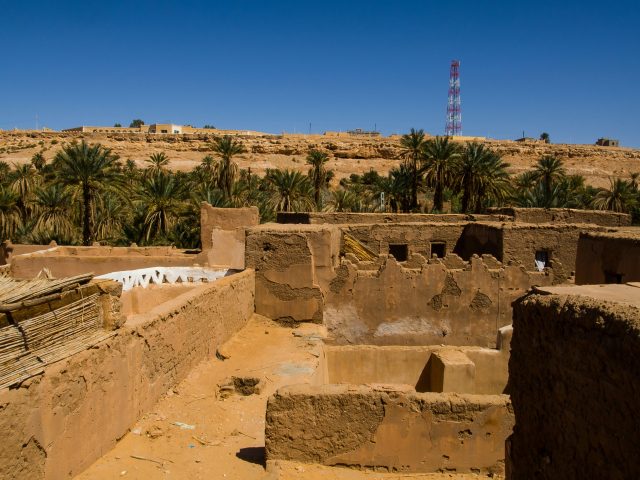In the heart of Africa, where the vast savannahs stretch beyond the horizon and the towering peaks touch the sky, adventure beckons. From the thundering roar of Victoria Falls to the serene silence of the Sahara Desert, the continent offers an unparalleled canvas for thrill-seekers and nature enthusiasts alike. But as adventure tourism carves its path through Africa’s pristine landscapes, a complex tapestry of questions emerges. Does this burgeoning industry, with its promise of adrenaline and exploration, tread lightly on the continent’s treasured natural resources, or does it risk depleting the very wonders it seeks to celebrate? In this exploration, we delve into the intricate dynamics between adventure tourism and Africa’s ecological bounty, seeking to understand whether this global trend is a harmonious symphony or a discordant clash.
Balancing Thrill and Preservation in Africas Adventure Tourism
Adventure tourism in Africa presents a unique juxtaposition of exhilaration and ecological mindfulness. This burgeoning industry, characterized by activities such as safaris, mountain trekking, and wildlife encounters, draws thrill-seekers from around the globe. However, it also raises critical questions about the sustainable use of the continent’s natural treasures. Striking a balance between offering unforgettable experiences and ensuring the preservation of Africa’s rich ecosystems is paramount.
- Environmental Impact: The increase in foot traffic in sensitive areas can lead to habitat disruption. It is crucial for tour operators to implement strategies that minimize ecological footprints.
- Community Involvement: Engaging local communities not only provides economic benefits but also ensures that conservation efforts are culturally sensitive and effective.
- Regulatory Measures: Adopting stringent regulations and guidelines can help protect vulnerable landscapes while allowing tourists to enjoy their adventures responsibly.
By fostering a tourism model that emphasizes education, sustainability, and respect for local traditions, Africa can continue to offer thrilling experiences without compromising its natural heritage. The goal is to ensure that future generations can enjoy these wonders just as much as today’s adventurers.
The Economic Impact of Adventure Tourism on African Communities
The influx of adventure tourism in Africa brings both opportunities and challenges for local communities. On the one hand, it serves as a significant source of revenue, creating jobs and stimulating local economies. Employment opportunities in areas such as guiding, hospitality, and transportation are abundant, offering a means for individuals to earn a living and improve their quality of life. Furthermore, adventure tourism often encourages the development of infrastructure, such as roads and communication networks, which can benefit local populations beyond the tourism sector.
However, the rapid growth of this industry also raises concerns about the sustainability of natural resources. Key issues include:
- Environmental degradation due to increased foot traffic and construction.
- Potential disruption of local wildlife habitats.
- Overreliance on tourism revenue, which can be unstable.
- Cultural commodification and loss of traditional practices.
Balancing economic gain with ecological and cultural preservation remains a complex challenge for African communities as they navigate the evolving landscape of adventure tourism.

Strategies for Sustainable Adventure Tourism in Africa
To foster sustainable adventure tourism in Africa, it is essential to adopt strategies that harmonize tourism activities with environmental preservation. Collaborative partnerships between local communities, governments, and tour operators can play a pivotal role in ensuring that tourism benefits all stakeholders. By integrating traditional knowledge and practices, tourism can enhance cultural appreciation while maintaining ecological balance.
- Eco-friendly Infrastructure: Developing accommodations and facilities that minimize environmental impact.
- Community Involvement: Encouraging local ownership and participation to ensure economic benefits are fairly distributed.
- Wildlife Conservation: Implementing measures to protect natural habitats and biodiversity.
- Education and Awareness: Promoting responsible travel practices among tourists to minimize their ecological footprint.
By focusing on these strategies, adventure tourism can thrive in Africa without compromising its rich natural heritage, paving the way for a more sustainable future.

Preserving Africas Ecosystems Amid Growing Tourism Demands
In the delicate balance between fostering economic growth through tourism and preserving Africa’s rich ecosystems, the scales often tip precariously. The allure of adventure tourism offers travelers thrilling encounters with nature’s wonders, yet it raises questions about sustainability. With increased foot traffic in fragile environments, there is a potential for disruption. To safeguard these natural treasures, it is imperative to implement strategies that minimize environmental impact while maximizing local benefits.
- Community Involvement: Empowering local communities to participate in and benefit from tourism activities can ensure that they become stewards of their environment.
- Eco-Friendly Practices: Encouraging tour operators to adopt sustainable practices such as limiting group sizes and promoting eco-friendly accommodations.
- Regulatory Measures: Governments and conservation bodies must establish and enforce regulations that protect sensitive areas from over-exploitation.
By taking these measures, Africa can nurture a thriving tourism industry that celebrates its natural heritage while ensuring its preservation for future generations.
Insights and Conclusions
As the sun sets on the vast landscapes of Africa, casting its golden hues over the savannahs and mountains, the conversation around adventure tourism and its impact on the continent’s natural resources continues to evolve. The allure of Africa’s untamed beauty is undeniable, drawing adventurers from around the globe to experience its wonders. Yet, this journey invites reflection on the delicate balance between exploration and preservation.
As we venture forward, it is crucial to tread lightly, ensuring that the footprints we leave behind do not mar the very landscapes we cherish. By fostering sustainable practices, engaging local communities, and respecting the environment, adventure tourism can become a force for good—a catalyst for conservation and cultural exchange.
In this delicate dance between humanity and nature, may our adventures inspire a deeper appreciation and commitment to safeguarding Africa’s treasures for generations to come. As we close this chapter, let us carry with us a renewed sense of responsibility, understanding that the true essence of adventure lies not just in discovery, but in the stewardship of the world we explore.


































